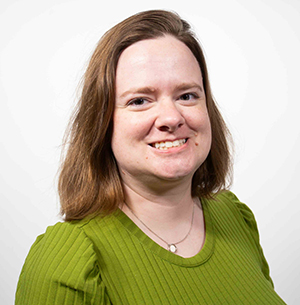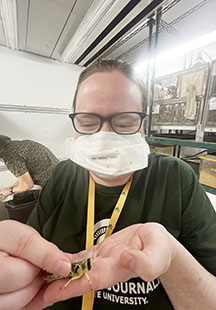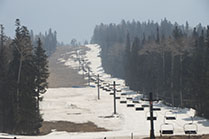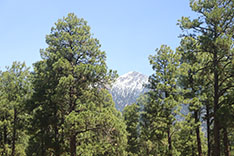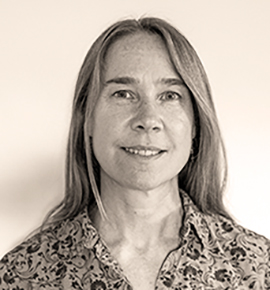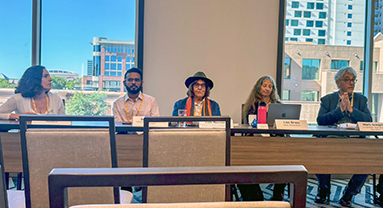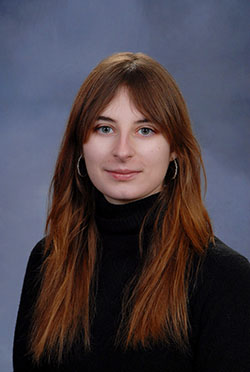
Clara Lincolnhol
Environmental journalism intern Clara Lincolnhol of WKAR radio and environmental journalist Kelly House of Bridge Michigan recently discussed threats to Great Lakes whitefish populations in a public radio broadcast.
Lincolnhol’s internship is underwritten by the Knight Center for Environmental Journalism. House, a Knight Center alum, reports for Bridge Michigan, which partners with the Knight Center as part of the Mott Foundation’s Great Lakes News Collaborative.
Here are the highlights and a transcript of Lincolnhol’s interview with House.
Great Lakes whitefish populations could soon disappear for good
By Clara Lincolnhol
Whitefish are a beloved and iconic Michigan species that have been a staple of the state’s cuisine for centuries.
But their numbers have dwindled drastically recently leaving some worried that the fish will no longer populate the lower Great Lakes.
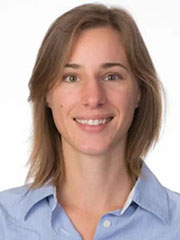
Kelly House
WKAR’s Clara Lincolnhol spoke with Bridge Michigan reporter Kelly House who recently reported on why the fish population is declining and whitefish’s cultural and economic significance to Michiganders.
Interview Highlights
On how invasive quagga mussels are threatening whitefish
Scientists have been responding to the threat by trying to find some way to suppress mussel populations in the Great Lakes. They now cover essentially every inch of the lakebed, and the problem is that they’re filter feeders, and they have filtered away the plankton and nutrients that other species in the Great Lakes really rely upon for food. So, these baby whitefish are born. The only thing they eat in their first days of life is phytoplankton, and those plankton are now nowhere to be found, so these babies are essentially starving to death before they ever have the opportunity to grow.
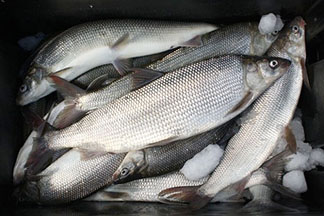
Photo Credit: Michigan Sea Grant
On the future of whitefish in parts of the Great Lakes Continue reading

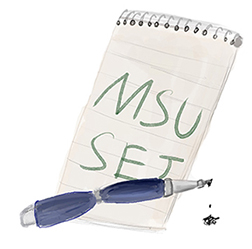 This is the 4th in a series of feature stories on environmental topics by Knight Center students who attended the 2025 Society of Environmental Journalists conference.
This is the 4th in a series of feature stories on environmental topics by Knight Center students who attended the 2025 Society of Environmental Journalists conference.